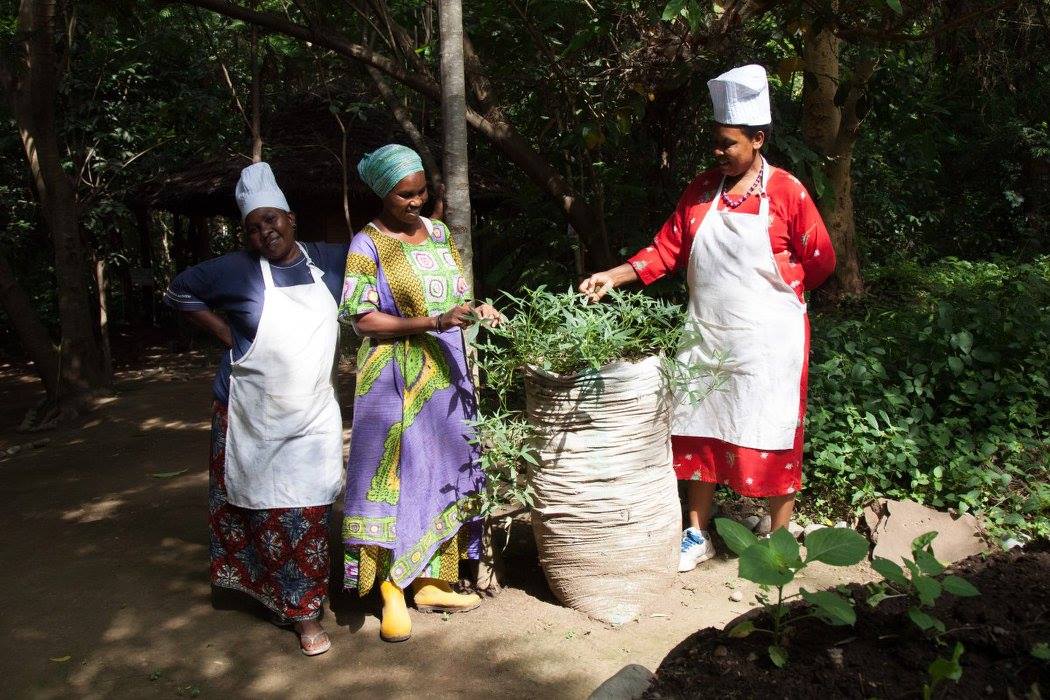S.A.F.E. Gardens
A community garden with women at the forefront

Country
Food security and agro-biodiversity protection
The consumption of refined industrial foods and “junk food”, combined with widespread poverty, are the main causes of malnutrition in the city of Arusha. This project has a twofold objective: to promote urban horticulture practices that can reduce malnutrition and food insecurity, and to foster social inclusion of the most vulnerable groups of the population. It aims to create an integrated, community-based experience, led by women, that combines food security with the protection of agrobiodiversity.
In the heart of Arusha now stands the Themi Living Garden (TLG), a multifunctional garden managed by a group of women at high risk of social marginalisation, many of whom have family members with disabilities. This green oasis, sheltered from the hustle and bustle of the city, where one can breathe clean air, experience biodiversity, and enjoy good food, is the central element of the project: a chance for social redemption for the women involved and an economic alternative that offers a future for their families.
The space is divided into three main areas: a section for community vegetable gardens; a teaching and demonstration area for hands-on activities and workshops aimed at schools; and an area hosting a nursery for the sale of vegetable plants, a restaurant, and a weekly vegetable market. The TLG’s economic activities are managed by 30 women, members of the Themi Living Garden Women Group, who were supported in launching what is now a social enterprise, with regular training courses to enhance their entrepreneurial skills.
The project has also engaged 200 additional women in the creation of 200 domestic Edible Gardens in Arusha, to improve the city’s food security.
In Milan, twinned with Arusha’s Themi Living Garden, we have created the Milan Edible Garden: a place where a new urban paradigm can take shape—greener, more sustainable, and more innovative. It is a pilot experience of an “edible garden” with students and citizens at the forefront.
Watch the video to discover the project’s activities and goals through the voices of the women involved!
Il progetto in numeri
180k
potabile in Tanzania
22k+
raccolti a Ibo, Mozambico
52k+
in Mozambico e Myanmar
11k+
di educazione nel mondo
200
di attività economiche
in Tz e Myanmar
1700
in Italia
1700
in Italia
52k+
in Mozambico e Myanmar
1700
in Italia
